Uncontrolled high blood pressure puts over a billion people at risk
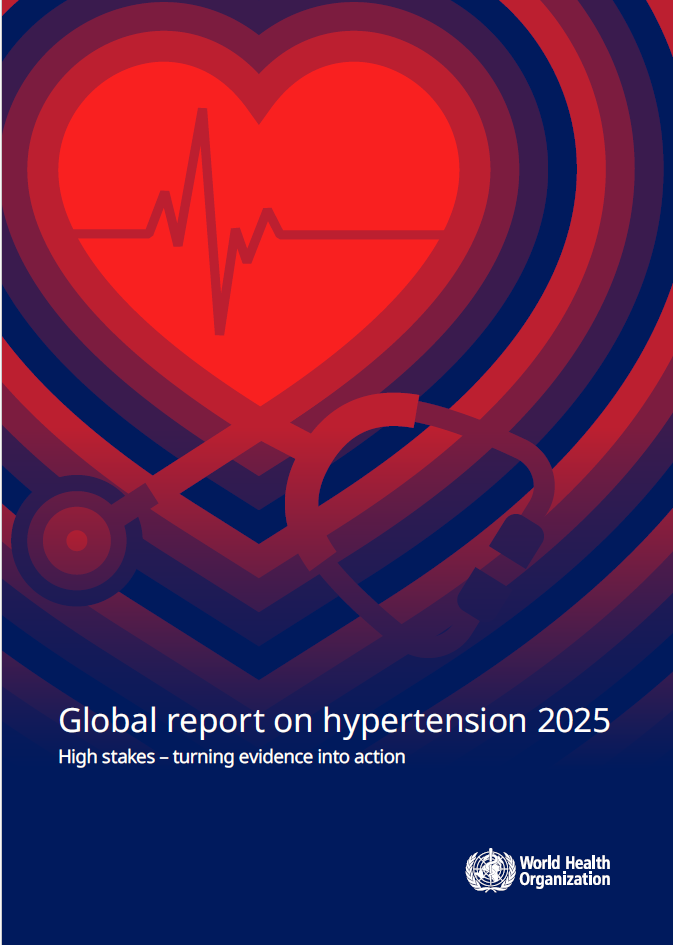
More than 1.4 billion people lived with hypertension in 2024, yet only one in five have it under control, according to a new WHO report released with Bloomberg Philanthropies and Resolve to Save Lives.
Dr. Ibrahim Abubakar Appointed to Resolve to Save Lives’ Board of Directors

AUGUST 18, 2025 (NEW YORK, NY) – Resolve to Save Live (RTSL) today announced that Dr. Ibrahim Abubakar, Vice Provost (Health) at University College London, will join its Board of Directors, effective July 30, 2025. Dr. Abubakar has served on Resolve to Save Lives Nigeria’s Board of Directors since April 6, 2022. “We’re delighted to […]
Babatunde Fashola Joins Resolve to Save Lives Nigeria’s Board of Directors

JULY 18, 2025 (ABUJA, NIGERIA) — Today, Resolve to Save Lives Nigeria (RTSL Nigeria) announced the appointment of Mr. Babatunde Raji Fashola, SAN, a seasoned legal practitioner and public official, to the RTSL Nigeria Board of Directors. Resolve to Save Lives opened an office in Abuja in 2022 to strengthen partnerships for cardiovascular health and […]
Statement from Dr. Tom Frieden, President and CEO of Resolve to Save Lives: Cuts to CDC are a recipe for disaster.
The decision to dramatically cut staff and programs at the U.S. Centers for Disease Control and Prevention (CDC) makes Americans less safe.
New analysis shows eliminating out-of-pocket costs for blood pressure medication saves lives
Eliminating out-of-pocket costs for anti-hypertensives lowers the risk of heart attacks and strokes and can reduce health care costs.
Dr. Lia Tadesse Gebremedhin joins Resolve to Save Lives’ Board of Directors

Dr. Lia Tadesse Gebremedhin joins Resolve to Save Lives Board of Directors
The George Institute for Global Health and Resolve to Save Lives welcome WHO’s recommendation to replace regular table salt with lower-sodium salt substitutes
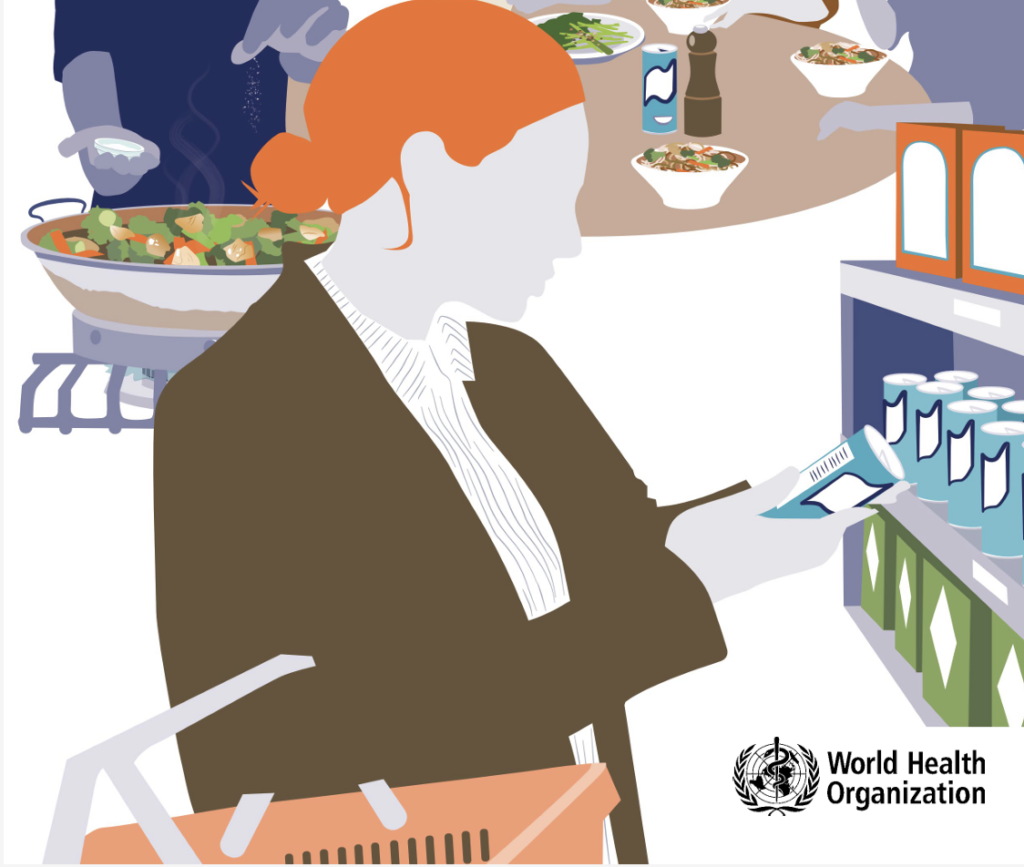
Resolve to Save Lives and The George Institute for Global Health strongly support WHO new recommendation to to replace regular table salt with lower-sodium salt substitutes.
Statement from Dr. Tom Frieden, President and CEO of Resolve to Save Lives, on U.S. Withdrawal from WHO
The decision to withdraw the United States from the World Health Organization makes Americans – and the world – less safe.
Resolve to Save Lives pledges $10 million to WHO to combat heart disease and save millions of lives
Funding will accelerate initiatives to eliminate trans fats, reduce salt intake, and control hypertension in low- and middle-income countries 14 OCTOBER 2024 (BERLIN, GERMANY)—Resolve to Save Lives (RTSL) today announced a $10 million pledge to the World Health Organization (WHO) to accelerate collaborative work over the next four years to save lives from heart disease, […]
Resolve to Save Lives appoints Dr. Farzard Mostashari as new Board Chair

August 19, 2024 — Resolve to Save Lives (RTSL), a not-for-profit organization working to prevent 100 million deaths from cardiovascular disease and make the world safer from epidemics, announced today the appointment of Dr. Farzad Mostashari, Co-founder and CEO of Aledade, Inc., as the new Chair of RTSL’s Board of Directors. Dr. Mostashari has been […]
New report offers lessons on stopping disease outbreaks, amid global spread of H5N1
Resolve to Save Lives report shows how public health specialists around the world controlled bird flu and other outbreaks last year June 18, 2024 (New York, NY) – With the highly contagious H5N1 avian influenza (bird flu) spreading worldwide, Finland provides a lesson in how to bring an outbreak under control quickly. After a deadly outbreak […]
Five countries commit to implementing comprehensive sodium reduction policies to improve health and save at least 39,000 lives per year
New commitments made at 77th World Health Assembly event hosted by Resolve to Save Lives and NCD Alliance 28 May 2024 (GENEVA, SWITZERLAND)—Bangladesh, Cameroon, Malaysia, Nigeria, and Singapore made new commitments today to implement comprehensive policies that will protect their populations from the harms of high-sodium diets. These commitments, made during the 77th World Health […]
Dr. Arumugam Muruganathan joins the Board of Directors of Resolve To Save Lives India
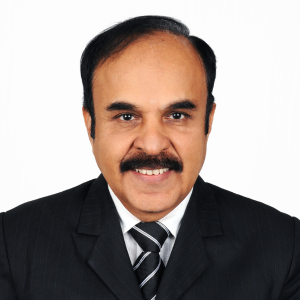
May 23, 2024 (NEW DELHI, INDIA)—Today, Resolve to Save Lives Services Pvt Limited (RTSL India) announced the appointment of Dr. Arumugam Muruganathan, to the RTSL India Board of Directors. “We are honored to have Dr. Arumugam Muruganathan join the RTSL India Board of Directors,” said Dr. Tom Frieden, President and CEO of Resolve to […]
Shri C.K. Mishra Joins the Board of Directors of Resolve to Save Lives India
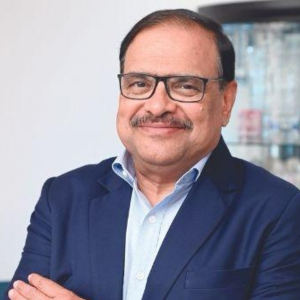
May 23, 2024 (NEW DELHI, INDIA)— Today, Resolve to Save Lives Services Pvt Limited (RTSL India) announced the appointment of Shri C.K. Mishra, former Union Secretary, Government of India to the RTSL India Board of Directors. “We are honored to welcome Shri C.K. Mishra to the Resolve to Save Lives India board,” said Dr. […]
RTSL releases first-of-its-kind guide to effective, user-centered digital health tools
New playbook summarizes lessons from hundreds of health care workers and millions of patients on how to build a digital tool that saves time and lives May 8, 2024 (NEW YORK, NY)— A new playbook released by Resolve to Save Lives (RTSL) compiles lessons learned from five years of health care workers using the Simple […]
WHO awards countries for progress in eliminating industrially produced trans fats for first time
Geneva, 29 January 2024—WHO has awarded its first-ever certificates validating progress in eliminating industrially produced trans fatty-acids to five countries. Denmark, Lithuania, Poland, Saudi Arabia, and Thailand have each demonstrated they have a best practice policy for industrially produced trans-fatty acids (iTFA) elimination in effect, supported by adequate monitoring and enforcement systems. WHO also released […]
Resolve to Save Lives Nigeria welcomes New Executive Director

NOVEMBER 20, 2023 (ABUJA, NIGERIA)—Resolve to Save Lives announced today the appointment of Nanlop Adenike Ogbureke as its new Executive Director in Nigeria. She will oversee a technical and operations staff of 11, facilitate effective coordination and implementation of program activities, as well as foster and maintain productive relationships with government and non-governmental stakeholders within […]
First WHO report details devastating impact of hypertension and ways to stop it
NEW YORK, 19 SEPTEMBER 2023—The World Health Organization (WHO) released its first-ever report on the devastating global impact of high blood pressure, along with recommendations on the ways to win the race against this silent killer. The report shows approximately 4 out of every 5 people with hypertension are not adequately treated, but if countries […]
Dr. Nnenna Ezeigwe joins the Board of Directors of Resolve to Save Lives Nigeria

18 JULY 2023 (ABUJA, NIGERIA)—Today, Resolve to Save Lives Nigeria (RTSL Nigeria) announced the appointment of Dr. Nnenna Ezeigwe, Co-Founder and CEO, Environment for Health Development Initiative (E4HDI), to the RTSL Nigeria Board of Directors. RTSL Nigeria is part of Resolve to Save Lives, a global health nonprofit focused on preventing 100 million deaths from cardiovascular disease and making […]
Ben Silbermann joins Resolve to Save Lives’ Board of Directors
April 6, 2023 (NEW YORK, USA)—Resolve to Save Lives (RTSL), a global health organization focused on preventing 100 million deaths from cardiovascular disease and making the world safer from epidemics, today announced the appointment of Ben Silbermann, Co-Founder and Executive Chairman of Pinterest, to the RTSL Board of Directors. “We are thrilled to have Ben […]
Indonesian government tackles leading killer with new program aimed at reducing heart attacks and strokes
March 29, 2023 (Yogyakarta, Indonesia)—The Association of Indonesia Local Health Offices (ADINKES) today announces a new partnership with global health non-profit, Resolve to Save Lives (RTSL), to prevent millions of premature deaths by improving control of high blood pressure. The new effort, in support of the Indonesia Ministry of Health (MOH), will strengthen high blood […]
Massive efforts needed to reduce salt intake and protect lives
“Countries must work urgently to implement ambitious, mandatory, government-led sodium reduction policies to meet the global target of reducing salt consumption by 2025,” said Dr Tom Frieden.
Resolve to Save Lives announces Precious Matsoso appointed to Board of Directors
“I am honored to join Resolve to Save Lives as a new Board Director at this pivotal moment in the trajectory of the organization,” said Matsoso.
Resolve to Save Lives Announces Dr. Iruka Okeke to Join Its Nigeria Board of Directors
“I’m excited to contribute to an organization that has made such an impact in African countries and communities,” said Dr. Okeke.
Five billion people unprotected from trans fat leading to heart disease
GENEVA, 23 January 2023 — Five billion people globally remain unprotected from harmful trans fat, a new status report from the World Health Organization (WHO) has found, increasing their risk of heart disease and death. Since WHO first called for the global elimination of industrially produced trans fat in 2018 — with an elimination […]
Interactive report shows how countries prevent global epidemics by stopping infectious diseases at the start
Second Edition of ‘Epidemics That Didn’t Happen’ from Resolve to Save Lives Highlights Need for Continued Investment in Health Security
Resolve to Save Lives launches as independent organization
Resolve to Save Lives starts a new chapter as an independent, U.S.-based not-for-profit organization dedicated to strengthening global public health and saving lives through public health action after five successful years of rapid expansion incubated at Vital Strategies.
FDA’s 4-Year delay in finalizing sodium reduction targets may cause 265,000 deaths over 14 years, study says
New sodium targets could save over 400,000 lives and billions of dollars in the next decade
Dr. Renu Garg Joins Resolve to Save Lives as Senior Vice President of Cardiovascular Health
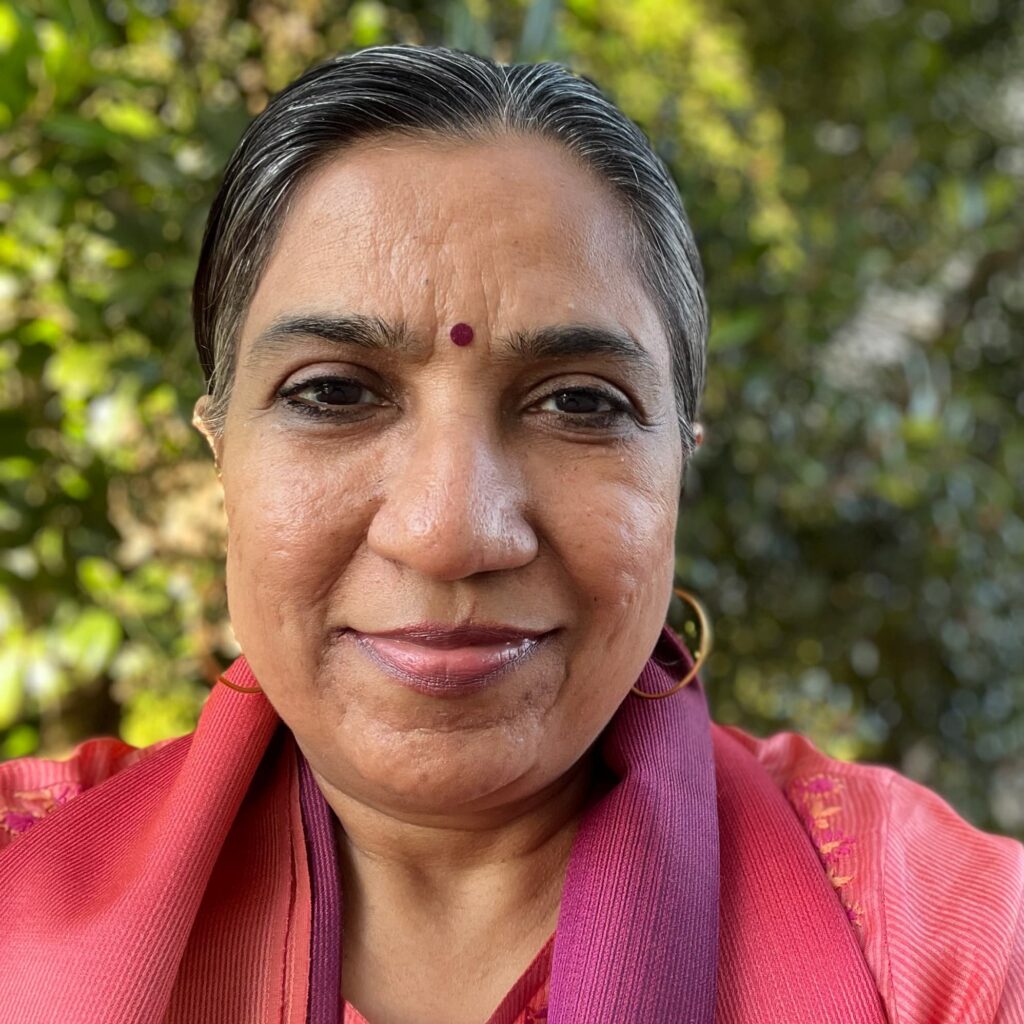
Dr. Garg to lead team partnering with countries to save 100 million lives from heart disease around the world
COVID fears mount as Christmas draws near

Former CDC director Tom Frieden discusses the COVID surge that hit right before Christmas and New Year’s holidays around the world.